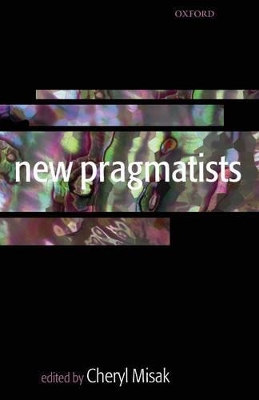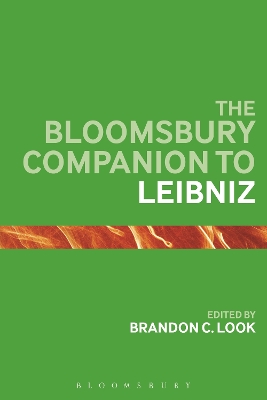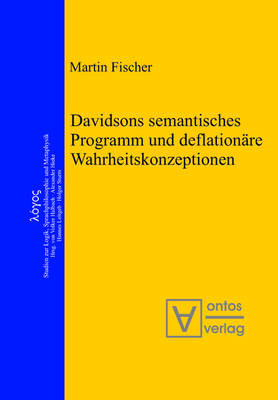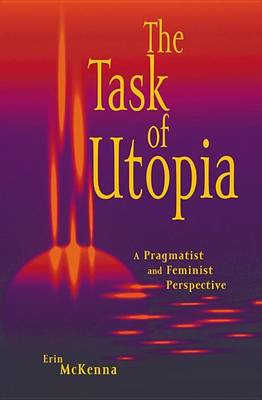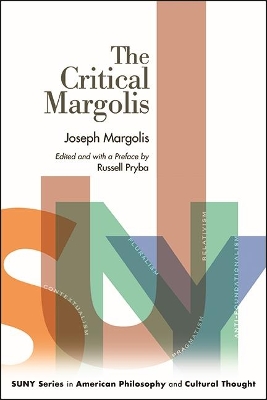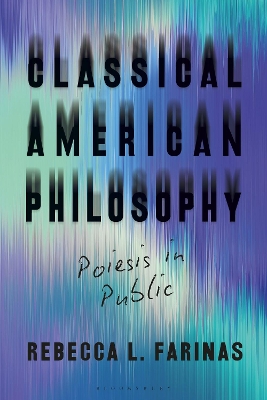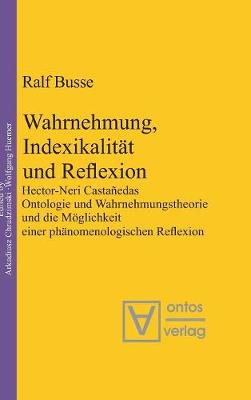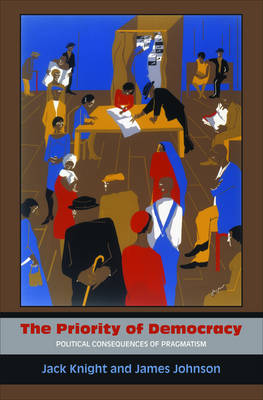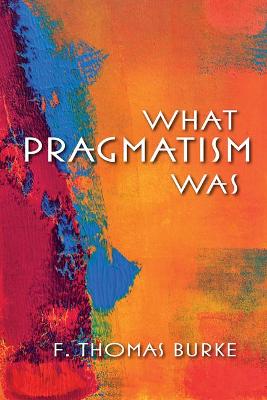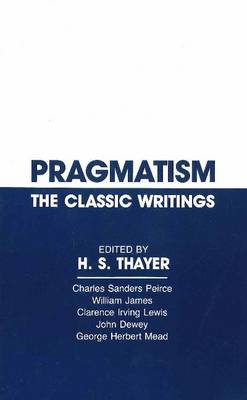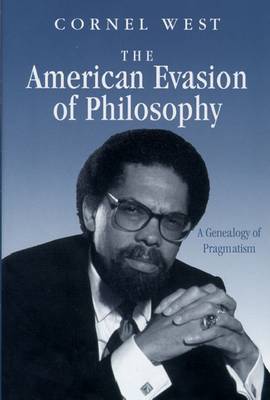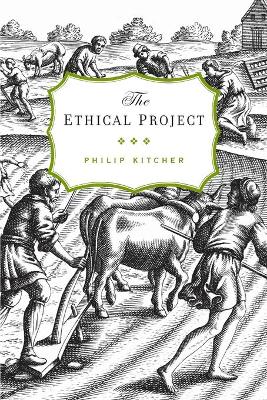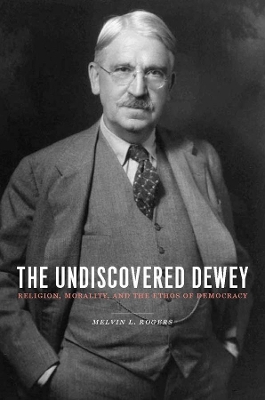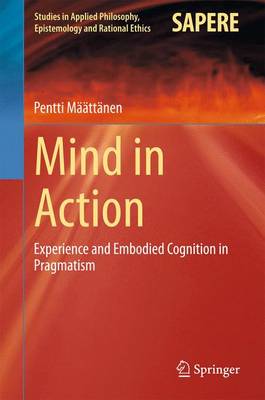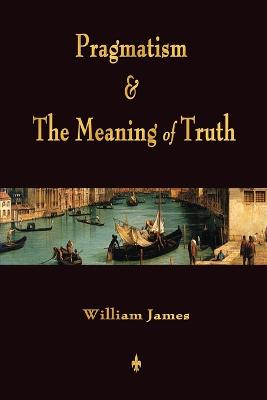The Context of Explanation (Boston Studies in the Philosophy and History of Science, v. 149)
by Martin Bunzl
Martin Bunzl considers the prospects for a general and comprehensive account of explanation, given the variety of interests that prompt explanations in science. Bunzl argues that any successful account of explanation must deal with two very different contexts - one static and one dynamic. Traditionally, theories of explanation have been built for the former of these two contexts. That is to say, they are designed to show how it is that a "finished" body of scientific knowledge can be put to expl...
Philosopher John Lachs observes that humans today live lives of comfort but also sees that these comfortable lives come at a cost: our increasing unhappiness. In The Cost of Comfort, Lachs contemplates what humans need in order to live fulfilled lives in today's world. While comfort has not always reached everyone evenly, Lachs acknowledges that most of us who live in the US today reap the benefits of modern life. We live longer, we eat better food, we have access to good medical care, and we ca...
Pragmatism is the view that our philosophical concepts must be connected to our practices - philosophy must stay connected to first order inquiry, to real examples, to real-life expertise. The classical pragmatists, Charles Sanders Peirce, William James, and John Dewey, put forward views of truth, rationality, and morality that they took to be connected to, and good for, our practices of inquiry and deliberation. When Richard Rorty, the best-known contemporary pragmatist, looks at our practices,...
The Bloomsbury Companion to Leibniz (Bloomsbury Companions)
The Bloomsbury Companion to Leibniz presents a comprehensive and authoritative introduction to the life, thought and work of one of the great polymaths of the modern world, G.W. Leibniz. This guide enriches the reader's understanding of Leibniz by establishing the philosophies of, and Leibniz's reactions to, his most important philosophical contemporaries from Descartes to Malebranche. While addressing current philosophical research in Leibniz studies such as his metaphysics, logic and theory o...
Self and Society. Central European Pragmatist Forum, Volume Four. (Central European Value Studies) (Value Inquiry Book)
Davidsons Semantisches Programm Und Deflationare Wahrheitskonzeptionen (Logos, #12)
by Martin Fischer
Democratic Experimentalism (Contemporary Pragmatism)
This volume focuses on democratic experimentalism, gathering a collection of original and previously unpublished essays focusing upon its major outlines, as well as specific aspects - both promising and troublesome - of this theoretical approach. Together these essays offer conceptions of democracy and democratic governance that emphasize and highlight experimentalist aspects of pragmatic thought, particularly Deweyan pragmatism, and its relationship to instantiation in concrete social and polit...
The Critical Margolis (SUNY series in American Philosophy and Cultural Thought)
by Joseph Margolis
In Classical American Philosophy: Poiesis in the Public Square, Rebecca Farinas takes seven major figures from the American philosophical canon and examines their relationship with an artistic or scientific interlocutor. It is a unique insight into the origins of American philosophy and through case studies such as the friendship between Alain Locke and the biologist E.E. Just and the collaboration between Jane Addams and George Herbert Mead, Farinas provides a new insight into the...
Wahrnehmung, Indexikalitat und Reflexion (Phenomenology & Mind, #4)
by Ralf Busse
Pragmatism and its consequences are central issues in American politics today, yet scholars rarely examine in detail the relationship between pragmatism and politics. In The Priority of Democracy, Jack Knight and James Johnson systematically explore the subject and make a strong case for adopting a pragmatist approach to democratic politics--and for giving priority to democracy in the process of selecting and reforming political institutions. What is the primary value of democracy? When should w...
What Pragmatism Was (American Philosophy)
by Associate Professor F Thomas Burke
F. Thomas Burke believes that pragmatism, especially as it has been employed in politics and social action, needs a reassessment. He examines the philosophies of William James and Charles S. Peirce to determine how certain maxims of pragmatism originated. Burke contrasts pragmatism as a certain set of beliefs or actions with pragmatism as simply a methodology. He unravels the complex history of this philosophical tradition and discusses contemporary conceptions of pragmatism found in current US...
Pure Experience (Key Issues S., #8)
The "Key Issues" series aims to make available the contemporary responses that met important books and debates on their first appearance. These take the form of journal articles, book extracts, public letters, sermons and pamphlets which provides an insight into the historical relevance and the social and political context in which a publication or particular topic emerged. Each volume brings together some of the key responses to the works. The radical imperialism of William James was first form...
Pragmatism
A reprint of the New American Library edition of 1970.
Taking Emerson as his starting point, Cornel West's basic task in this ambitious enterprise is to chart the emergence, development, decline, and recent resurgence of American pragmatism. John Dewey is the central figure in West's pantheon of pragmatists, but he treats as well such varied mid-century representatives of the tradition as Sidney Hook, C. Wright Mills, W. E. B. Du Bois, Reinhold Niebuhr, and Lionel Trilling. West's "genealogy" is, ultimately, a very personal work, for it is imbued th...
Principles of right and wrong guide the lives of almost all human beings, but we often see them as external to ourselves, outside our own control. In a revolutionary approach to the problems of moral philosophy, Philip Kitcher makes a provocative proposal: Instead of conceiving ethical commands as divine revelations or as the discoveries of brilliant thinkers, we should see our ethical practices as evolving over tens of thousands of years, as members of our species have worked out how to live to...
The Undiscovered Dewey explores the profound influence of evolution and its corresponding ideas of contingency and uncertainty on John Dewey's philosophy of action, particularly its argument that inquiry proceeds from the uncertainty of human activity. Dewey separated the meaningfulness of inquiry from a larger metaphysical story concerning the certainty of human progress. He then connected this thread to the way in which our reflective capacities aid us in improving our lives. Dewey therefore l...
Mind in Action (Studies in Applied Philosophy, Epistemology and Rational Ethics, #18)
The book questions two key dichotomies: that of the apparent and real, and that of the internal and external. This leads to revised notions of the structure of experience and the object of knowledge. Our world is experienced as possibilities of action, and to know is to know what to do. A further consequence is that the mind is best considered as a property of organisms' interactions with their environment. The unit of analysis is the loop of action and perception, and the central concept is the...
Pragmatism and The Meaning of Truth (Works of William James)
by William James




